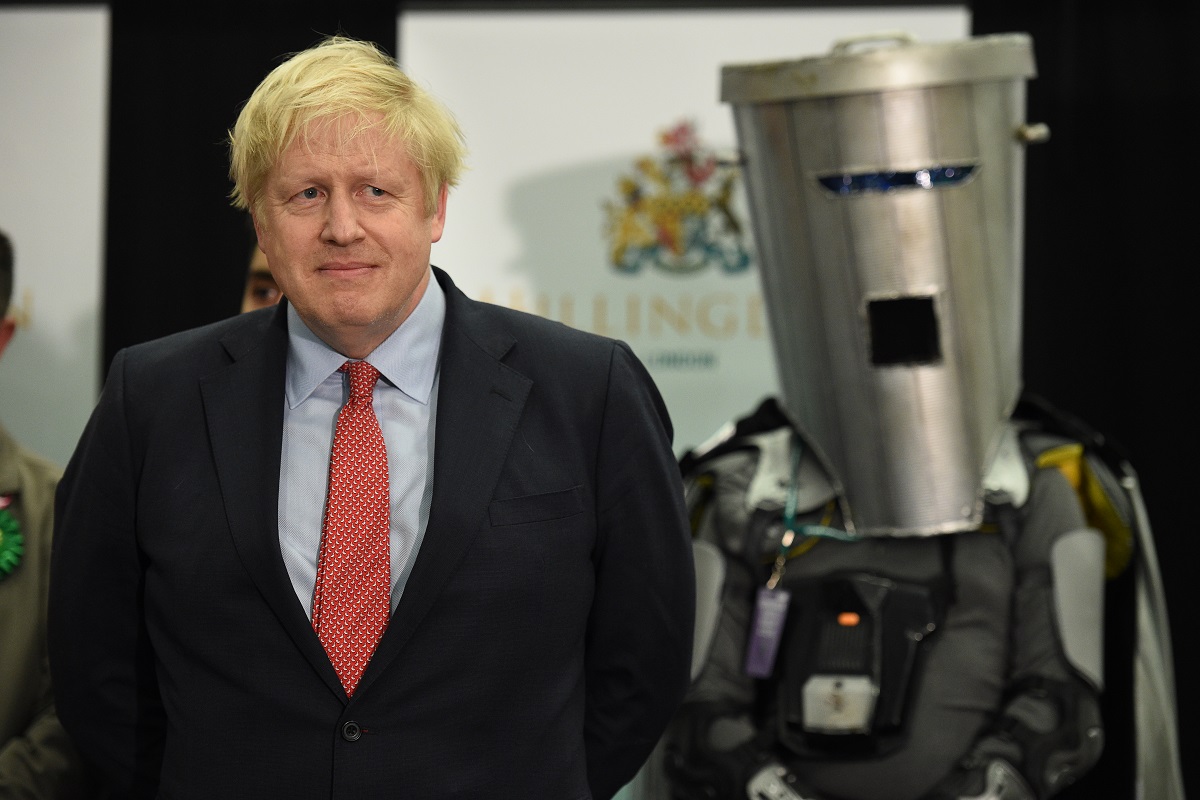The defeat of the ruling Conservatives in two strategically important parliamentary seats in Britain is bound to impinge on the prospects of the Prime Minister, Boris Johnson. Small wonder that fresh doubts have arisen over his leadership. Voters in Tiverton and Honiton, a rural stretch in south-west England, indeed the party’s heartland, and in the northern industrial city of Wakefield evicted the Tories from seats where electoral prospects had become open after lawmakers were brought down by scandals of their own.
In Wakefield, Labour’s victory was generally expected, and it has now secured a comfortable margin. In the south, where the outcome was uncertain, the Liberal Democratic Party scored a stunning upset. Overcoming a huge Conservative majority in the last election, the LDP has won by a solid margin. In the net, it has been what they call a double defeat for Britain’s Prime Minister. The disenchantment of the electorate is palpable enough. Mr Johnson had survived a no-confidence motion earlier this month. It had been precipitated by a scandal over illicit parties at 10 Downing Street during the coronavirus pandemic. There may yet be talk of another no-confidence motion, though going by the party’s rules, Mr Johnson should face no other challenge until next June.
Advertisement
In the immediate political fallout, the chairman of the Conservative Party, Oliver Dowden, resigned on Friday. He sent his letter to the Prime Minister less than two hours after the votes had been counted. Dowden has attributed his resignation to the intraparty turmoil. He said, “The party’s supporters are distressed and disappointed by recent events, and I share their feelings.” It is significant that his letter professed loyalty to the party, rather than to its leader. It is hard not to wonder whether the inhouse bickering, if a mite subdued, has done not a little for the party’s discomfiture at the hustings.
Mr. Johnson on Friday vowed to “keep going” amid a triple blow to his leadership. “We’ve got to recognise there is more we’ve got to do and we certainly will, we will keep going, addressing the concerns of people until we get through this patch,” Mr Johnson told reporters on the sidelines of the Commonwealth Heads of Government Meeting (CHOGM) in the Rwandan capital of Kigali. “It’s absolutely true we’ve had some tough byelection results. I think as a government I’ve got to listen to what people are saying, in particular to the difficulties people are facing over the cost of living, which I think for most people is the number one issue.
We’re now facing pressures on the cost of living, we’re seeing spikes in fuel prices, energy costs, food costs – that’s hitting people,” he said. Both polls were seen by many as a defacto referendum on Mr Johnson’s leadership of the party and government.











